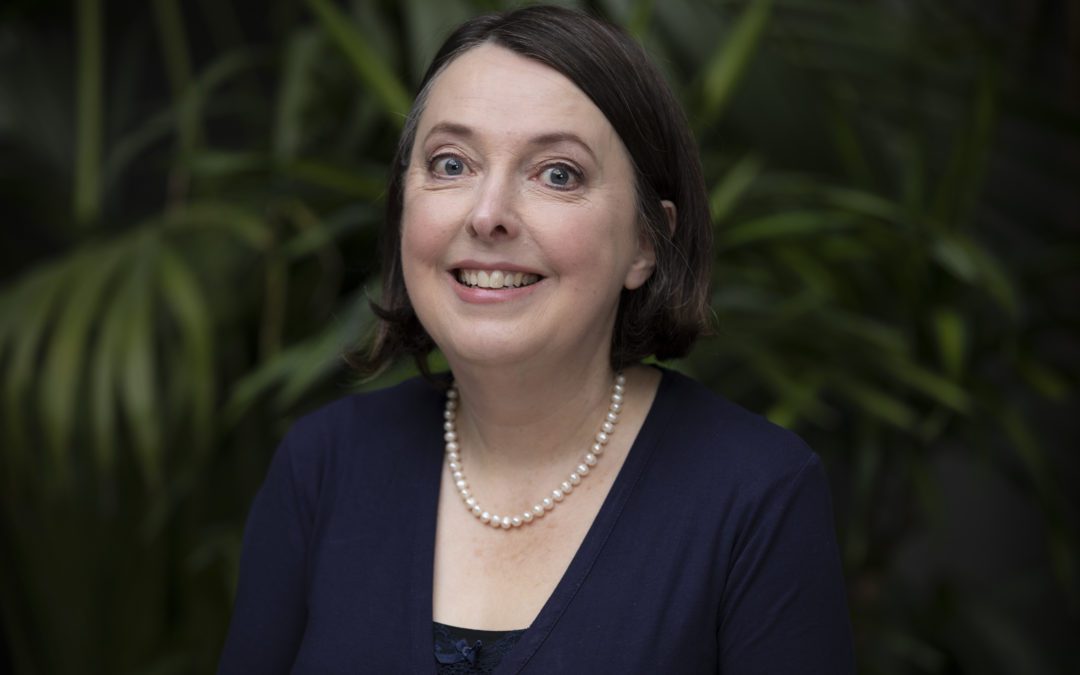Agile working – not just for pandemics!
Our CEO, Moira Bayne, was featured on the SCVO digital blog, talking all about our approach to agile working at HOS. You can read the original post here or below.
I admit that at the beginning of lockdown everyone at HOS was quietly confident that the new “work from home” instructions would be no problem for us. After all we have been WFH successfully for over a decade, well we all know what pride comes before ….
If you haven’t heard of Housing Options Scotland, we offer a free, person-centred housing information and advice service across Scotland to disabled people, older people and members of the armed forces community. We have a core staff team of 7 and are greatly assisted by a group of subject specialists and by an ever-expanding band of volunteers – our “Housing Buddies”.
For us going agile made sound business sense. We went from having an office in Edinburgh, with 32 clients, to covering the entire country from a variety of locations and helping over 600 clients last year alone to find “The Right House, in the Right Place”. What we saved in rent, repairs, cleaning, paper, printing, postage and, landlines was the equivalent of 2 new team members.
The money we saved was used to invest in high quality, reliable cloud-based IT and in travelling to our clients rather than expecting them to come to us.
Agile working has given us the flexibility to employ people for their skills regardless of their circumstances or geographical location. No one in the HOS team has ever missed a school concert or been unable to take a pet to the vets or a family member to a hospital appointment. One of the best things is that taking the day off for the plumber/gas engineer is a thing of the past. And everyone in the team can hang out a washing and bring it back in when it starts to rain.
Other things we have consigned to the past include long commutes (bad for people and the planet), bad weather travel disruption and the sheer exhaustion and frustration that comes from having done a long day before you even get to the office.
Our absence rates are vanishingly small too. People seem to be less susceptible to minor illnesses if they are not commuting to work.
We have been paper-free, office-less and 100 % agile for such a long time – but the first thing I would want to say is that agile working in a pandemic is NOT the same as in normal times. Although we have all worked “normally” throughout, most of the housing world (social housing, private renting and home ownership) either came to a complete halt or refocussed on getting people out of homelessness and into accommodation.
In addition, although most of us stayed well and healthy, we all had worries about relatives, children, finances and the ever-changing landscape of restrictions and relaxations. Whatever we were doing it certainly wasn’t “business as usual”.
The other important thing to note is that pre-pandemic, although we all worked remotely, we saw each other A LOT. Triage meetings, one-to-ones and team meetings – with a bit of spontaneous “I am going to be in Edinburgh/ Glasgow /Perth fancy grabbing a coffee?” thrown in.
If you are contemplating becoming more agile, I would urge you to bear in mind the importance of face-to-face contact.
Other things to remember include providing the right sort of equipment for your team. This includes laptops/tablets and phones but also desks, chairs, lighting and suitable space.
You don’t have to go “full on” agile. Dip your toe in the water if you like and see how it goes. It goes without saying but you need to consult with your staff. People at HOS signed up to agile working and no one wants to go back to being office-based. You need to be aware that some people like the camaraderie of an office – we have hot desks in Glasgow and Edinburgh for people who want that. Sadly, for some people the office is an escape from difficult home circumstances, and you need to be sensitive to that.
Finally, I would like to emphasise that we are not just “agile” in the physical sense. Culturally, we are an agile organisation. Everyone in the team can multitask beyond their own specialisms. Our client numbers can fluctuate significantly, and we can flex up or down to accommodate this. We are all very focused on problem solving and enjoy trying out new ideas and making new contacts. If this sounds like your organisation why not give agile working a go?

